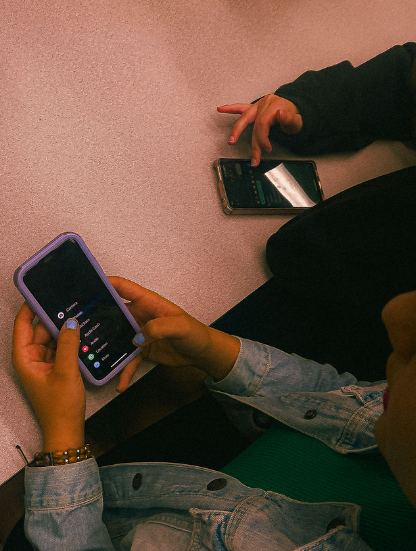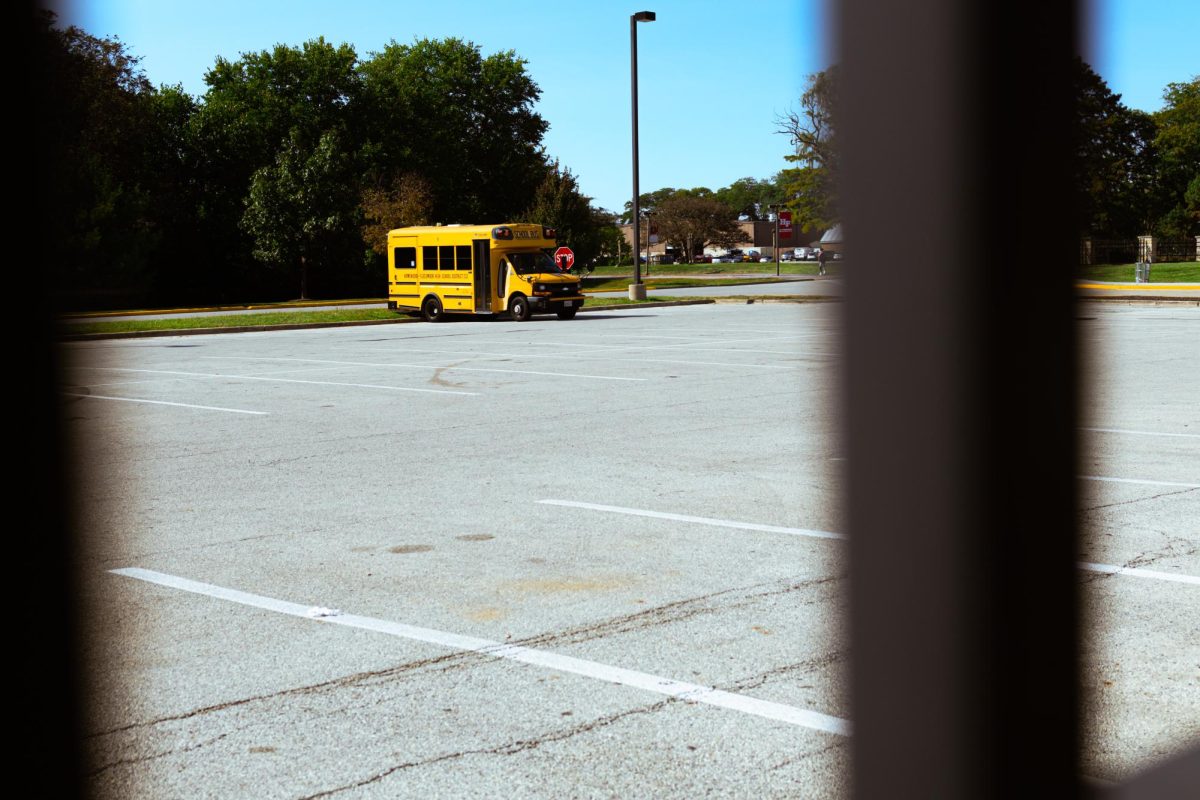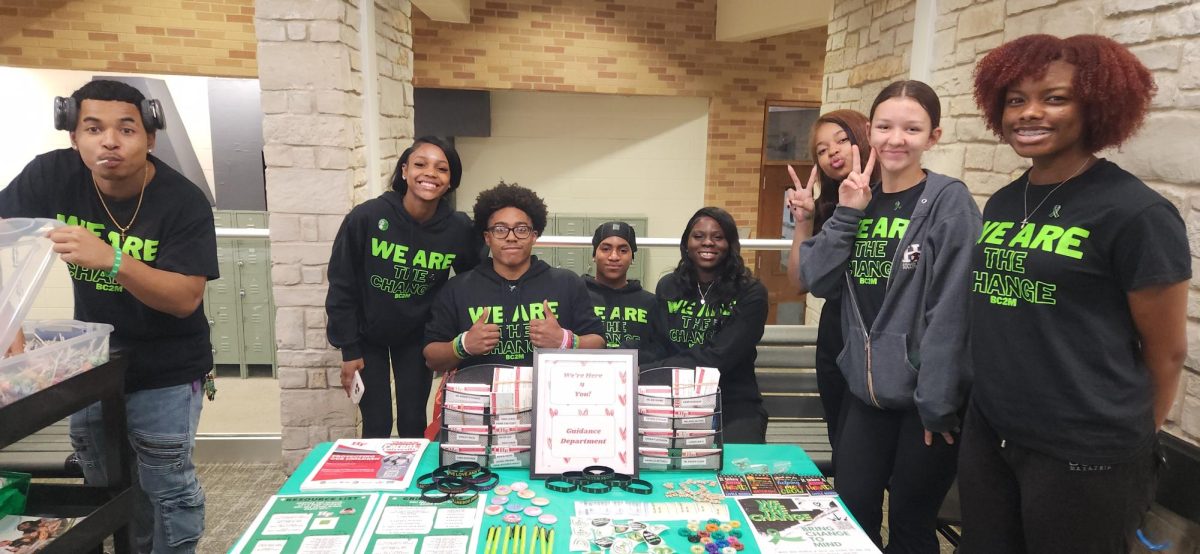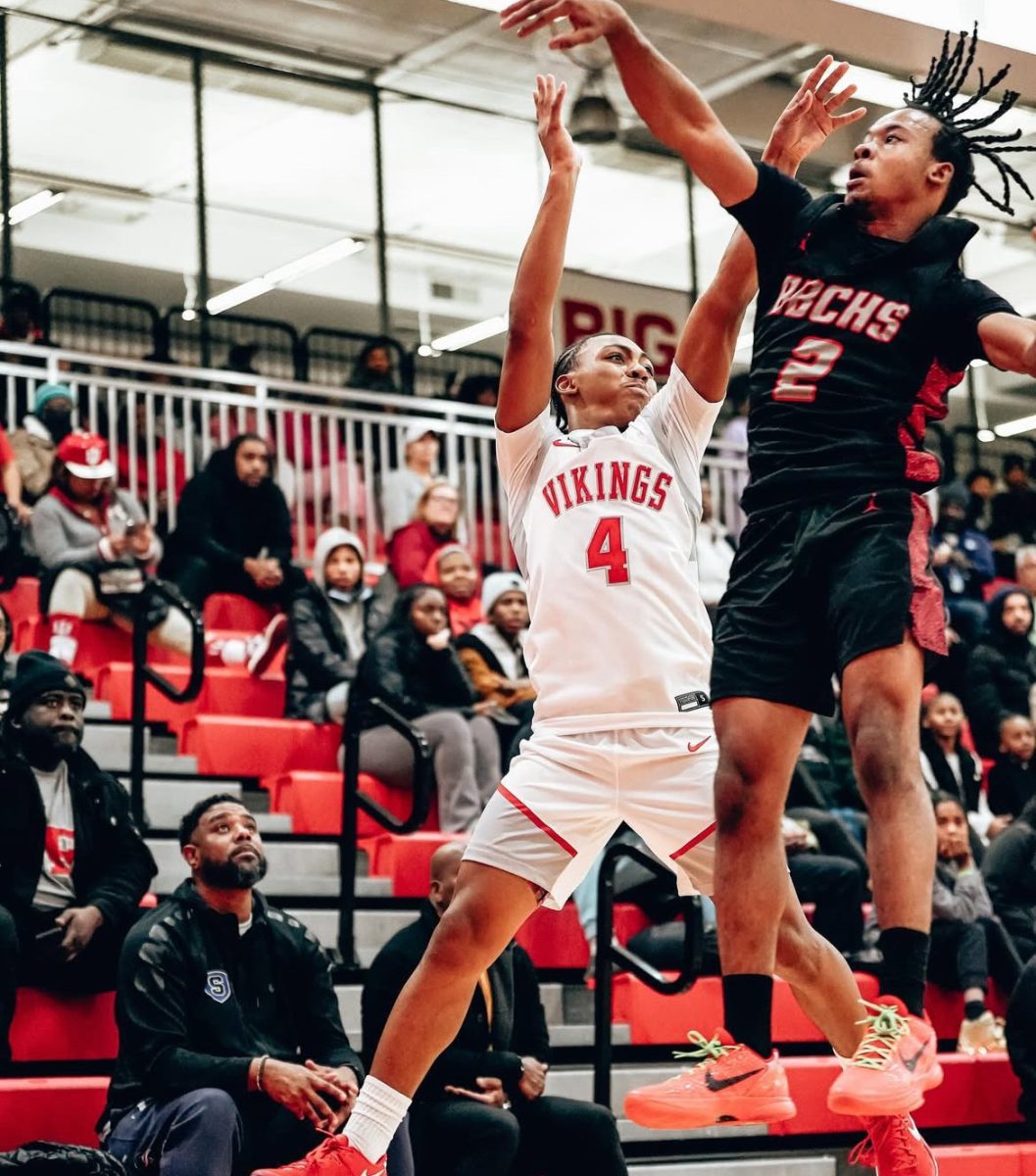The students and staff of H-F are all familiar with arguably the biggest change at H-F this year, along with the new schedule
H-F has implemented a new phone policy which completely restricts phone use during class time in response to a nationwide push to keep phones out of classrooms.
The school-wide phone ban intends to increase student focus. Principal Clinton Alexander cited several studies, such as Rutgers University-New Brunswick’s experiment led by researcher Arnold Glass, to support claims linking cell phone use and lack of focus. In describing several studies, Alexander explained that cell phone use utilizes many of the same lobes within the brain as recreational drugs.
Currently Evanston Township and Maine Township High Schools are implementing similar guidelines following direct collaboration with Alexander.
$50-$70 metal boxes from brand Loghot were mounted in all classroom walls throughout the school, totalling just under $17,000. There were two main purchases of the boxes, but the second purchase had a markup due to increased demand.
H-F also considered the use of “phone cubbies,” or a cloth which hangs on a classroom door or wall with pockets for students’ phones. Ultimately, these alternatives were deemed not secure and potentially problematic. “But we didn’t like that because it wasn’t secure… anybody could walk past and grab the wrong phone, and so, with the liability of that, we didn’t like that as an option.” Alexander explained. While the metal boxes have a hinged door and lock, phone cubbies leave devices exposed.
As for how this idea came to action, “our teachers came to us first,” Alexander stated. “[the initiative] was spurred and motivated by teachers, and then from there we talked as a leadership team.” It was decided that a new phone policy would be piloted during summer school, in which
all students would be required to place their phones in a box for the duration of class time, and retrieve them during lunch and after school.
The policy was altered in accordance with community response for the 2024-25 school year. While teachers saw an increase in student focus and participation, many took issue with the time it took out of the beginning and end of each class period.
Contrary to the majority opinion of staff and students, government and politics teacher Bob St. Leger found this system to be very effective. He stated that it only took roughly two-to-three minutes to collect and distribute phones, and liked that it was more cut-and-dry than the current updated policy.
“Personally I like the summer school policy better than what we do now,” St. Leger said. “It takes away any gray area and essentially removes any possibility of negative interactions with students like we have now when we ask them for their phones and at times students do not give them up. The students knew the expectation, they put it in the box, and that was it.”
Alexander explained that, while there may be some leniency in the future with the policy, currently he wants to run a tighter ship. “What we don’t want to do is access the phones until we can normalize the behavior of knowing that we’re not going to use those during class and instruction. We don’t want to make any concessions as of now, but we may be open down the line to make some concessions,” he said















